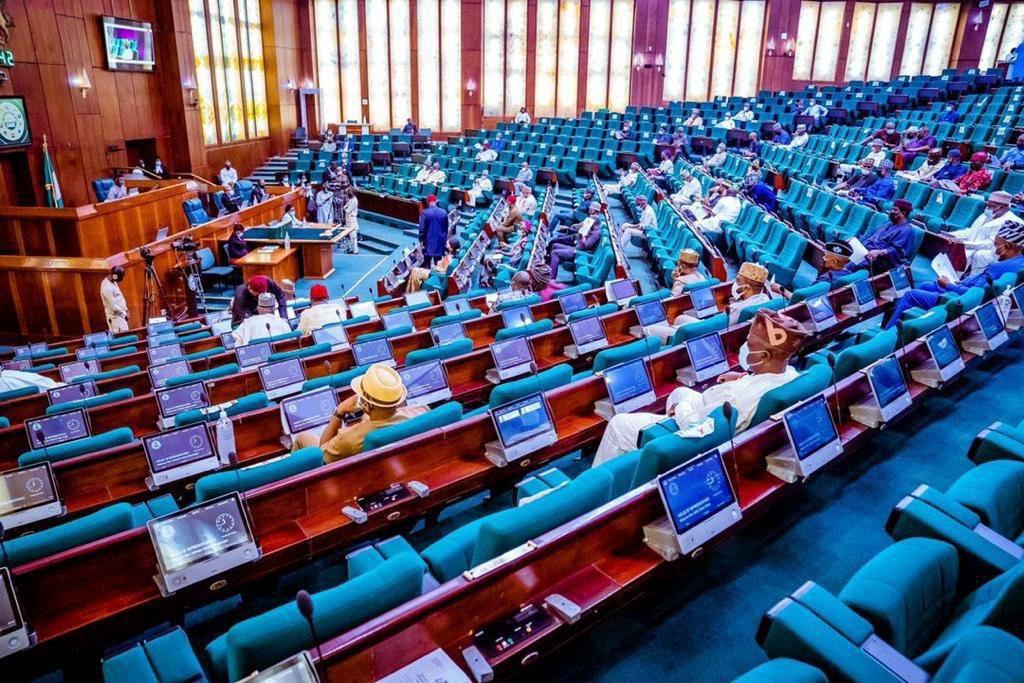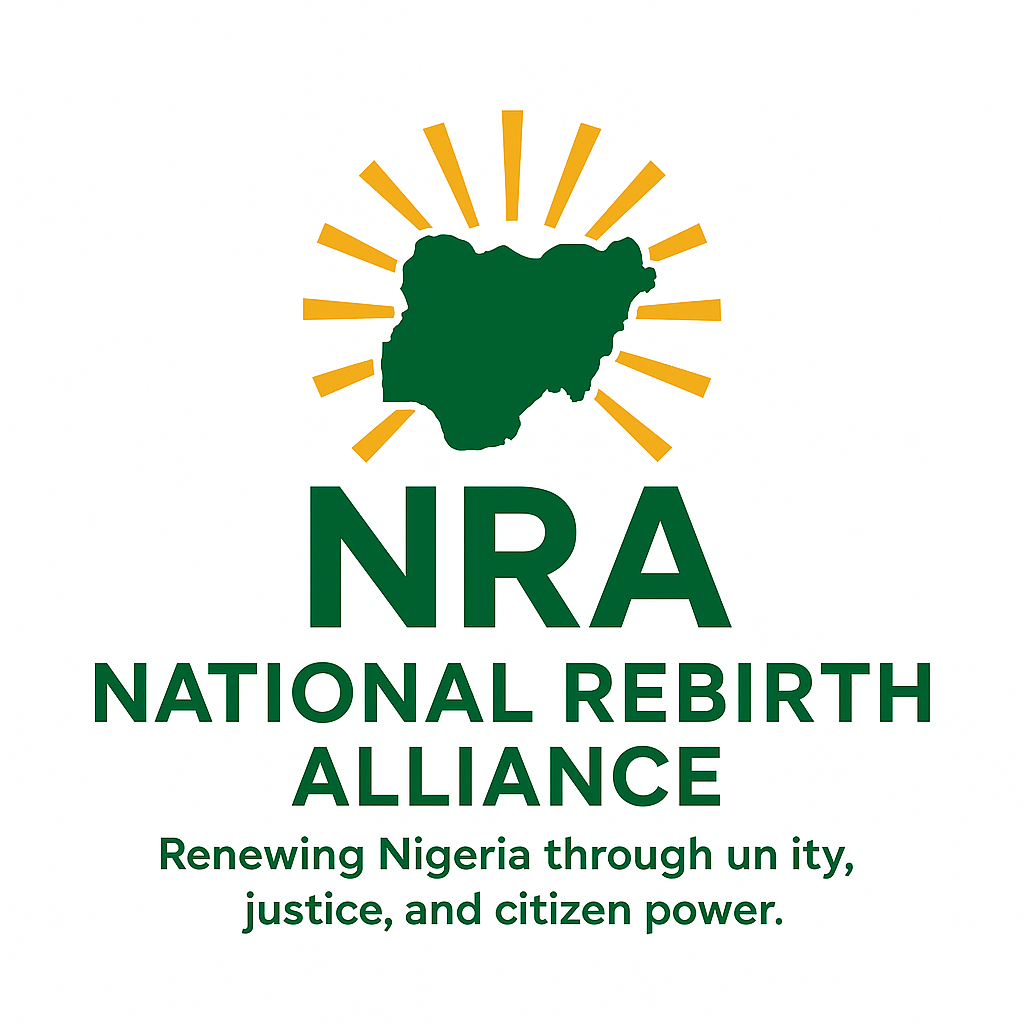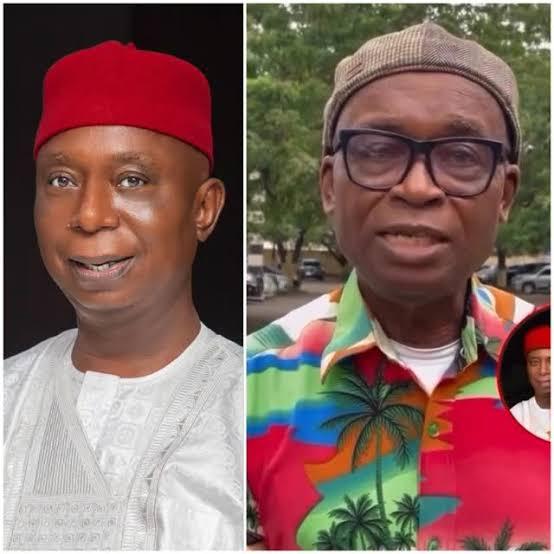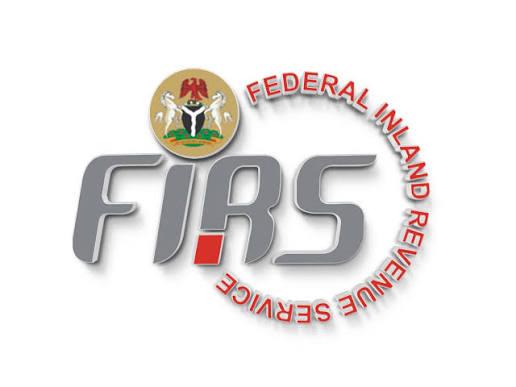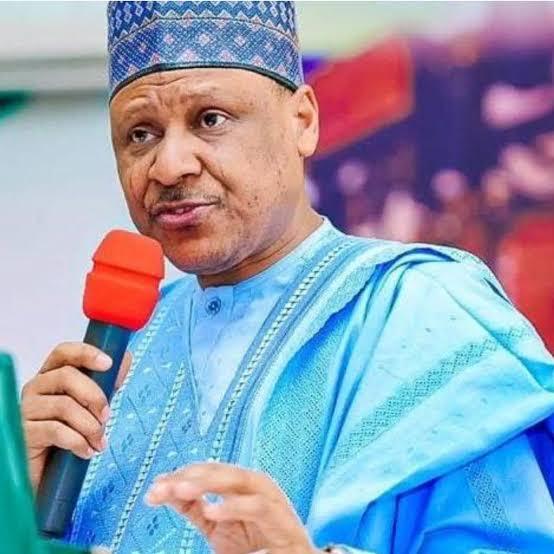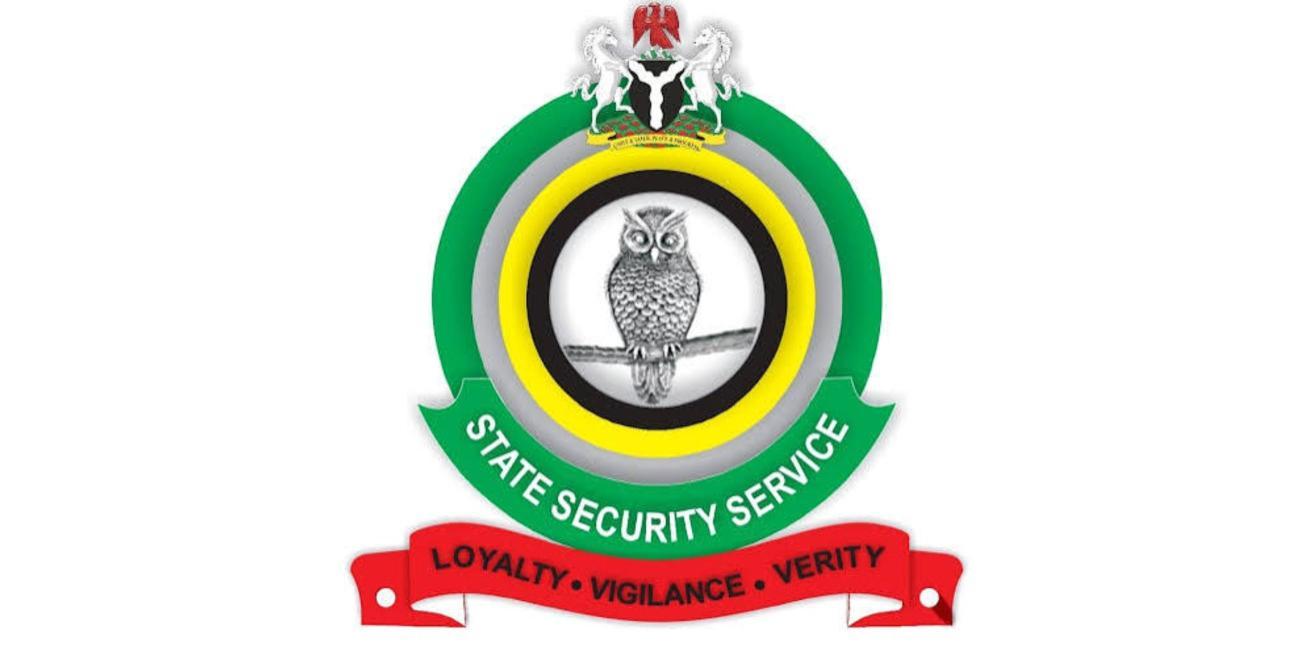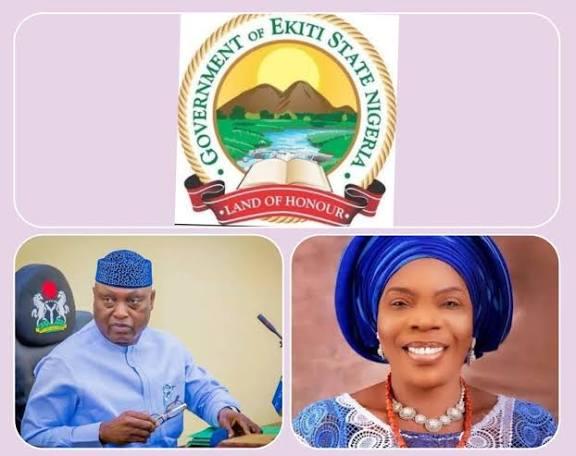Reps To Organise Summit On Drug Abuse, Alcohol Misuse.
Reps To Organise Summit On Drug Abuse, Alcohol Misuse
The House of Representatives Ad-Hoc Committee investigating the rising cases of drug trafficking, alcohol, and substance abuse in Nigeria has announced plans to convene a multi-stakeholder conference in Lagos and Abuja to deliberate and gather public input on strategies to tackle the growing menace.
He said the initiative was in response to mounting public concern over what he described as a “national emergency” that cuts across public health, youth safety, corporate accountability, and the integrity of Nigeria’s trade and regulatory systems.
“Our mandate is clear. We are to investigate the conduct of companies operating within the drug, alcohol, and tobacco industries and ensure absolute compliance with Nigerian laws, regulations, and ethical obligations to the Nigerian people,” Adelegbe stated.
According to him, the committee’s work will focus on key areas of national concern, including the increasing abuse of codeine-laced cough syrups, tramadol, and other controlled substances, as well as the unchecked production and sale of cheap spirit cocktails and illicit alcoholic beverages.
The committee will also investigate the targeted marketing of alcohol and nicotine products to underage Nigerians, the circulation of fake and substandard drugs, corporate complicity, weak regulatory enforcement, and unethical market practices that endanger public health.
Adelegbe emphasised that the committee’s work will prioritise human life and national interest above corporate profit, stressing that “The era of corporate recklessness, weak compliance, and regulatory compromise is over.”
He listed the key laws and regulations guiding the investigation to include, “NAFDAC Act Cap N1 LFN 2004 – Product registration, safety, and standards; National Tobacco Control Act 2015 – Tobacco regulation and advertising; ARCON Act 2022 – Advertising standards and consumer protection; and FCCPC Act 2018 – Fair competition and consumer rights.”
Reps To Organise Summit On Drug Abuse, Alcohol Misuse.
Reps To Organise Summit On Drug Abuse, Alcohol Misuse
The House of Representatives Ad-Hoc Committee investigating the rising cases of drug trafficking, alcohol, and substance abuse in Nigeria has announced plans to convene a multi-stakeholder conference in Lagos and Abuja to deliberate and gather public input on strategies to tackle the growing menace.
He said the initiative was in response to mounting public concern over what he described as a “national emergency” that cuts across public health, youth safety, corporate accountability, and the integrity of Nigeria’s trade and regulatory systems.
“Our mandate is clear. We are to investigate the conduct of companies operating within the drug, alcohol, and tobacco industries and ensure absolute compliance with Nigerian laws, regulations, and ethical obligations to the Nigerian people,” Adelegbe stated.
According to him, the committee’s work will focus on key areas of national concern, including the increasing abuse of codeine-laced cough syrups, tramadol, and other controlled substances, as well as the unchecked production and sale of cheap spirit cocktails and illicit alcoholic beverages.
The committee will also investigate the targeted marketing of alcohol and nicotine products to underage Nigerians, the circulation of fake and substandard drugs, corporate complicity, weak regulatory enforcement, and unethical market practices that endanger public health.
Adelegbe emphasised that the committee’s work will prioritise human life and national interest above corporate profit, stressing that “The era of corporate recklessness, weak compliance, and regulatory compromise is over.”
He listed the key laws and regulations guiding the investigation to include, “NAFDAC Act Cap N1 LFN 2004 – Product registration, safety, and standards; National Tobacco Control Act 2015 – Tobacco regulation and advertising; ARCON Act 2022 – Advertising standards and consumer protection; and FCCPC Act 2018 – Fair competition and consumer rights.”




